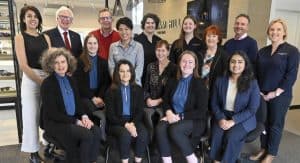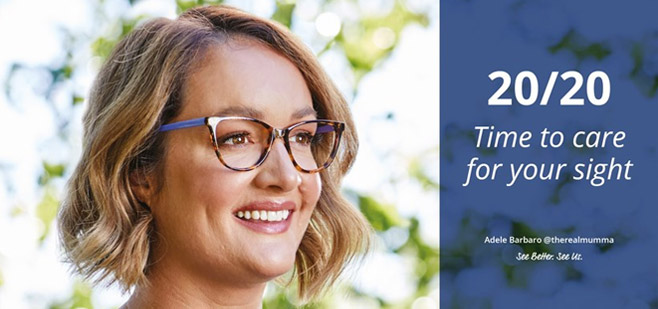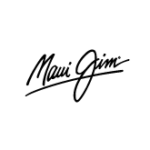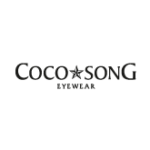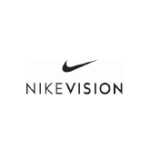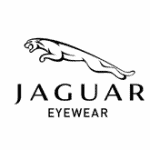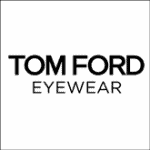Myopia control (reducing the rate of short sightedness progression)
A family history of short sightedness (myopia), limited exposure to sunlight and extended hours of near vision activity can result in an increased risk of myopia development in children. Increased indoor habits since the beginning of the Covid-19 pandemic has increased this risk further in Australia and worldwide. Myopia progress not only increases dependency on glasses but higher rates of myopia are linked to increased rates of eye disease later in life.
Fortunately, the optometrists at Graham Hill Eyecare are familiar with the latest research and have access to the appropriate technology to limit the progression of short sightedness as much as possible. Graham Hill Eyecare can also measure eyeball length with advanced scanning equipment to keep progress of treatment success.
Treatments that can slow short-sightedness progression include:
- Orthokeratology (Ortho-K) which involves wearing a rigid contact lens at night to reshape the cornea so that glasses and contact lenses are not needed during the day. Orthokeratology is adaptable to changing prescriptions and research shows that this can also be a very effective method of myopia control.
- Progressive focus contact lenses (such as Cooper Vision Misight contact lenses). These specialised contact lenses create a specific focus pattern that has been shown to reduce myopia progression.
- Specialised glasses including with peripheral defocus technology known as Defocus Incorporated Multiple Segments (D.I.M.S.). These also create a focus pattern that has been shown to reduce myopia progression.
- Atropine eye drops which can be prescribed by your optometrist. The atropine ingredient can discourage the eyeball from abnormal growth and therefore reduce myopia progression.

